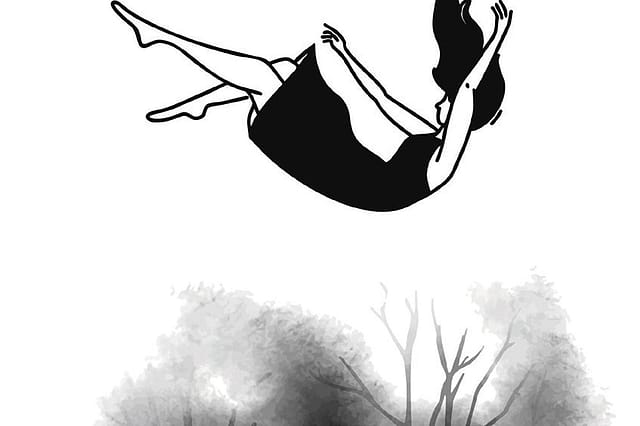Sunlight on Our Broken World

TALKING ABOUT THE 'post-truth era', novelist Kazuo Ishiguro recently wondered if the great claims made for 'artistic culture' in the making of 'a decent society' needed a relook. "I'm beginning to have a new respect just for the way in which scientists go about things, in the way they argue, understanding that there is a hard truth that can be arrived at when you argue, and when you argue you present evidence, and if the evidence goes against what you are arguing at some point you just say, 'Yes, well, you're right and I was wrong,' and you move on," he said in an interview following the publication of his latest novel, Klara and the Sun. "That tradition is very strong in science in a way it doesn't seem to be in the world of the arts, and indeed in politics."
Ishiguro went on to concede that this did not amount to "a serious doubting" of what he did as a writer of fiction, but he did ask whether he was contributing to the dynamics of the post-truth age "by privileging the exchange of emotions as something very important as opposed to the exchange of argument and evidence".
It is a staggering thought to frame about the culture wars around the world that pit those who plead for the scientific method against those who'd undermine it, a polarisation that is having disastrous consequences in tackling the current pandemic. It is also a challenge to readers to return to beloved novels for a fresh appreciation for how they help strengthen an internal standard of knowing what the right thing to do is. The great coming-of-age novels do that, and 60 years after it was first published, it is reassuring to go back to Attia Hosain's Sunlight on a Broken Column in this light.
Openomics 2026: Continuity and Conviction
06 Feb 2026 - Vol 04 | Issue 57
The performance state at its peak
Set in Lucknow during the freedom movement, in the 1930s and 1940s, it has as its watchful centre the narrator Laila, a bookish orphan in a leading taluqdari family, as the estate transitions from the purdah-ed, finely mannered establishment under her grandfather to a westernised, exuberant homestead under her aunt and uncle. Hosain was the first woman from a taluqdar family to graduate and was also associated with the Progressive Writers' Movement. Much of this informs the narrative of Sunlight on a Broken Column. Writes Laila, as she acclimatises herself to the generational change in her guardians: 'I felt I lived in two worlds; an observer in an outside world, and solitary in my own—except when I was with the friends I had made at College. Then the blurred, confusing double image came near to being one.'
Laila's friends and family together represented various strands of the intellectual, social and political currents blowing through India as the Independence movement gathered steam. Their arguments resonate across time. What does it mean to be free? As a nation. As two nations, India and Pakistan, once Partition was agreed upon. As a woman. As a citizen of a country passing out of colonial rule.
Like a favourite text will always do with individual readers, Sunlight… beckons me back to a different nook in the story each time. This time it's in the middle of the book, as Laila and her friends at university are discussing how freedom can be gained, and what it would mean to each of them across class, gender and religious spectrums. She recalls when she met the feisty Nita, she said, 'I believe my education will make me a better human being.' Nita hooted at this luxury of 'abstract ideals' that Laila's class afforded her. It's a passage that stayed with me through this latest re-reading of the novel, especially later when Laila withstands the disapproval of elders to marry the man she loves—and yet later, with the family scattered, Nita's challenge framed for me Laila's survey of the changes in their circumstances brought by Independence, democratisation and the passage of time.
This framing was perhaps driven by Ishiguro's prompt—to confirm how the great works of fiction do, in fact, make the case for a decent society.
